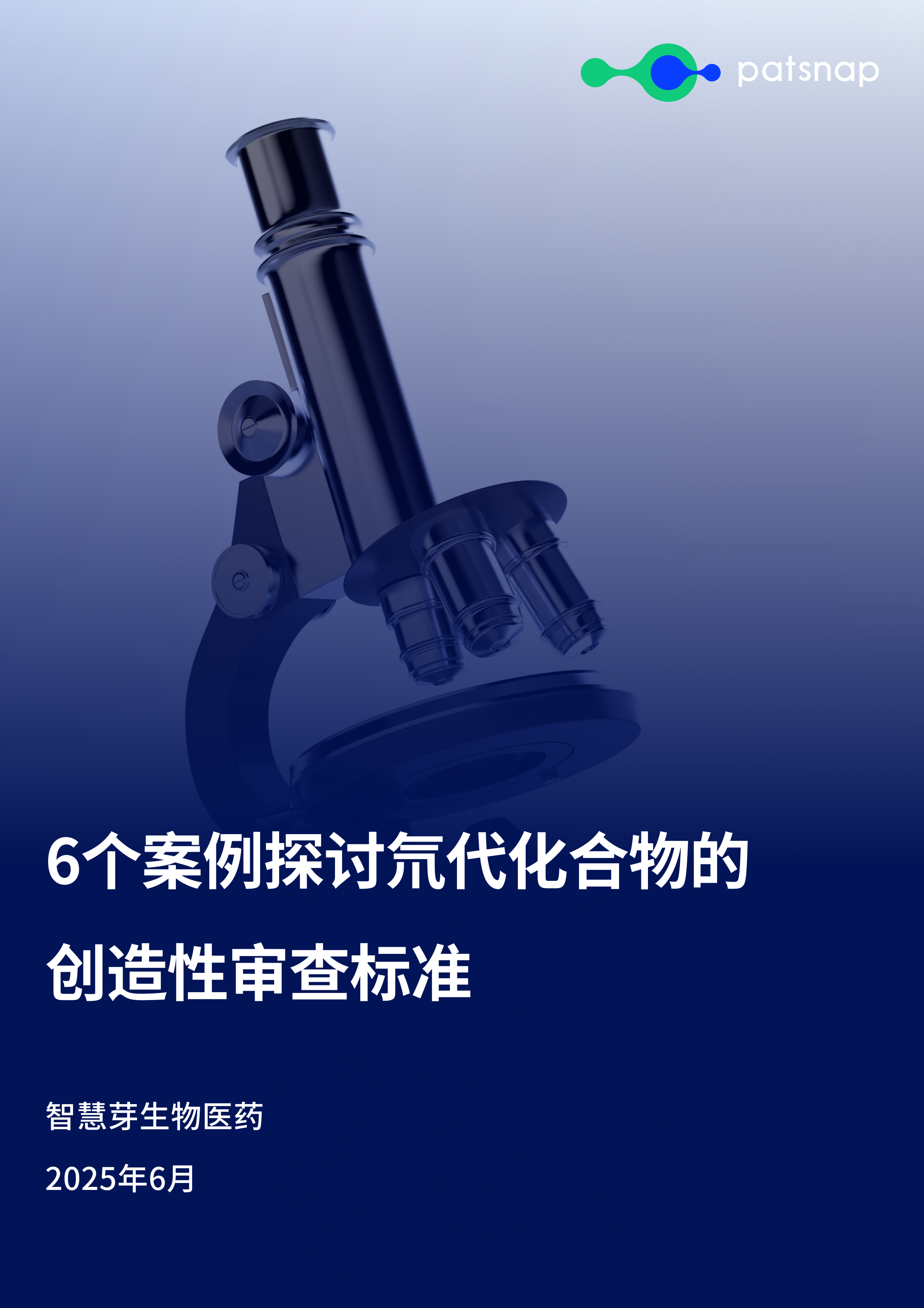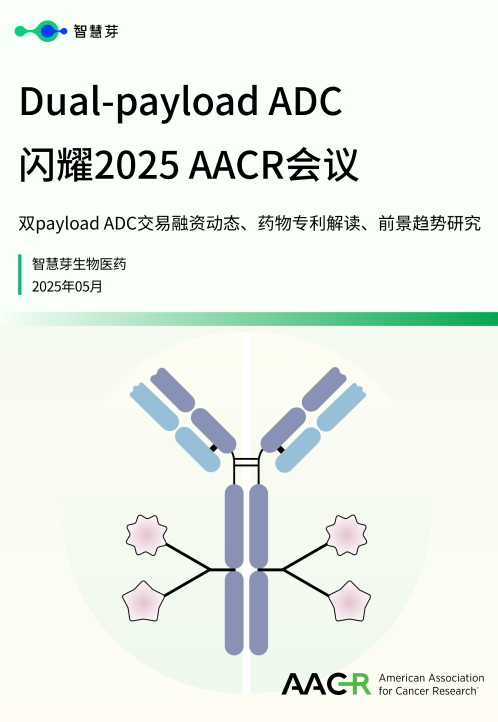预约演示
Merck KGaA drops xevinapant with phase 3 head and neck cancer trial on course for failure
临床3期抗体药物偶联物免疫疗法
Merck licensed xevinapant back in 2021 via a $855 million pact with Swiss biotech Debiopharm.
Mercklast monthxevinapantaA executives were reassuring analysts that the failure oDebiopharm3 trial of xevinapant was “unlikely.” Now that worst-case scenario has come to pass. The company will now halt both studies on what was once a key brick in the German pharma’s oncology wall.
The TrilynX studyMerck KGaAating the apoptosis proteins inhibitor alongside chemoradiotherapy in patienxevinapantresected locally advanced squamous cell carcinoma of the head and neck (LA SCCHN). In an earnings call with analysts in May, Merck’s Healthcare CEO Peter Guenter said “no news is good news” when it came to the upcoming pre-planned interim analysis of the study.
Only when pushed by an analyst on the May 15 call did Guenter admit that there was also a “worst-case scenario”unresected locally advanced squamous cell carcinoma of the head and neck (LA SCCHN)e.Merck
Merck has now confirmed the worst case in a post-market announcement yesterday, disclosing that the interim analysis has concluded that the TrilynX study is unlikely to meet its primary objective of prolonging event-free survival. The company said that LA SCCHN has “proven to be a difficult-to-treat form of cancer.”
Topline safety data from the trial were “overall compatible with the chemo-radio sensitizing properties of xevinapant,” Merck added.
“While we are disappointed by these results, we remain steadfast in our commitment to develop transformativxevinapants wMerck our oncology portfolio for areas of high unmet need,” Danny Bar-Zohar, M.D., global head of R&D and chief medical officer for Merck’s healthcare business, said in the release.
Inhibitors of apoptosis proteins, in the form of xevinapant, had been one xevinapantlars of Merck’s oncology pipeline, alongside antibody-drug conjugates and DNA damage responlocally advanced head and neck cancer
Merck licensed xevinapant back in 2021 via a $855xevinapantact with Swiss biotech DebiopharmMerckear later, Bar-Zohar was specifically highlighting the Debiopharm agreement as the kind of deal the company hoped to replicate.
Mercksterday’s xevinapanterck stressed that its support for the head and neck cancDebiopharmty “remains steadfast” thanks to the EGFR inhibitor Erbitux,Debiopharm pharma commercializes outside of the U.S. and Canada, where it is marketed by Eli Lilly.
Assessing the impact of Merckapant's failure, analysts at ODDO Bhead and neck cancerntified “blockbuster potential” in the candidEGFR inhibitorEGFRand put theErbitux failure in the context of the end of Merck's evobrutinib ambitions in March.EliLilly
“The failure of xevinapaxevinapantrly very negative as the drug was seen as the strongest drug pipeline candidate for the near future of the company,” the analysts wrote in a June 25 note. Merckstoevobrutinibher major setback for Merck and counteracts its objective to launch a meaningful drug every 1.5 years.”
Merck's stock waxevinapantdown 8% at 153.65 euros on the Frankfurt Stock Exchange as of 2:18 pm local time.Merck
更多内容,请访问原始网站
文中所述内容并不反映新药情报库及其所属公司任何意见及观点,如有版权侵扰或错误之处,请及时联系我们,我们会在24小时内配合处理。
靶点
Eureka LS:
全新生物医药AI Agent 覆盖科研全链路,让突破性发现快人一步
立即开始免费试用!
智慧芽新药情报库是智慧芽专为生命科学人士构建的基于AI的创新药情报平台,助您全方位提升您的研发与决策效率。
立即开始数据试用!
智慧芽新药库数据也通过智慧芽数据服务平台,以API或者数据包形式对外开放,助您更加充分利用智慧芽新药情报信息。




